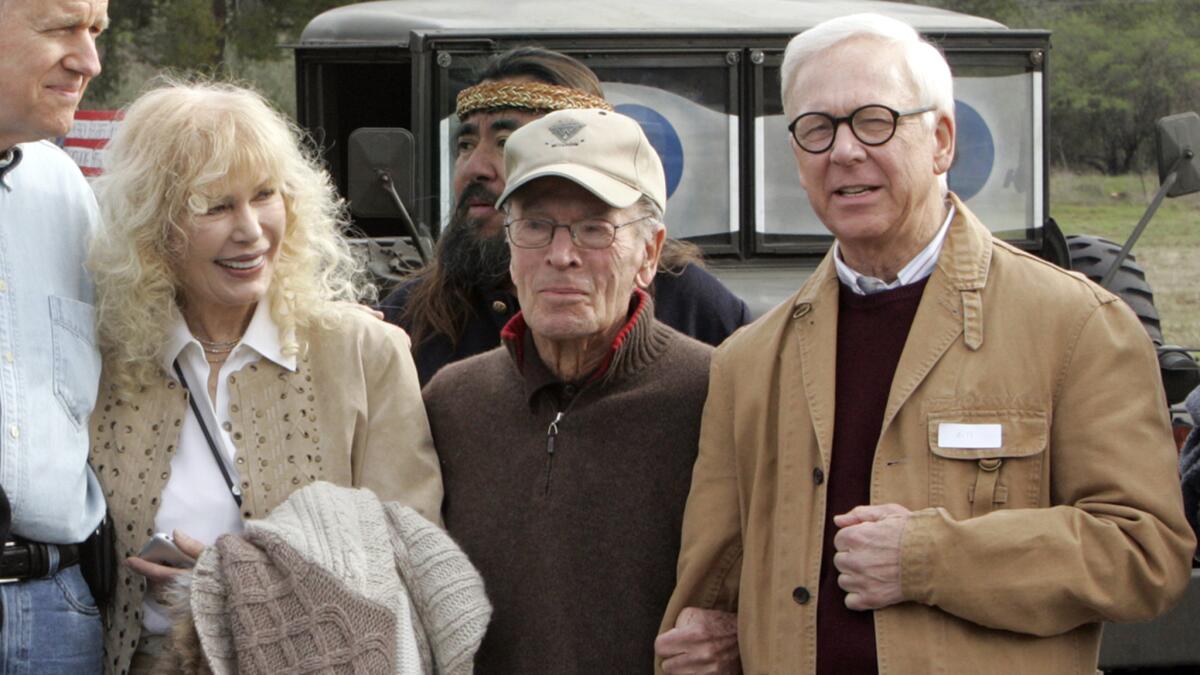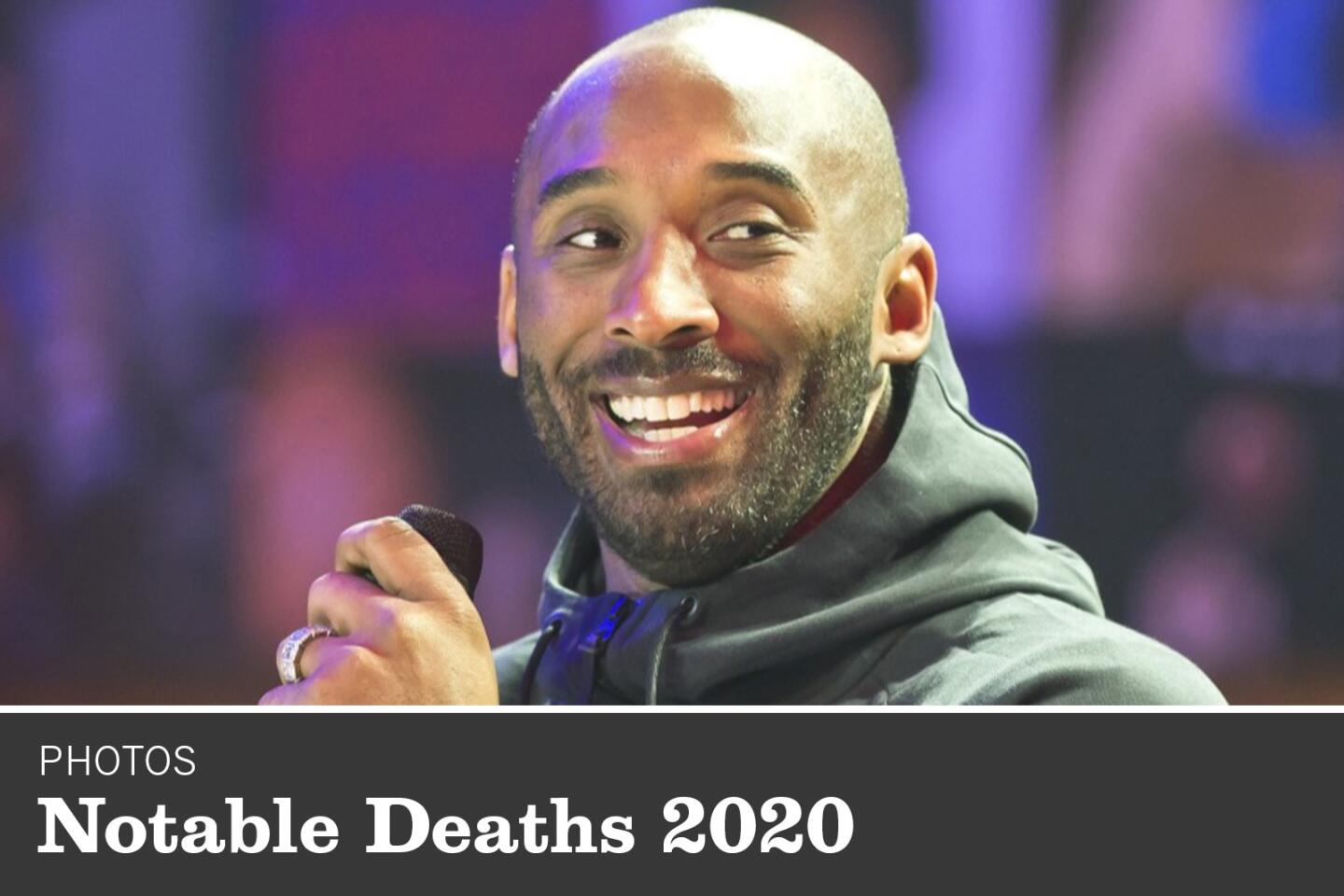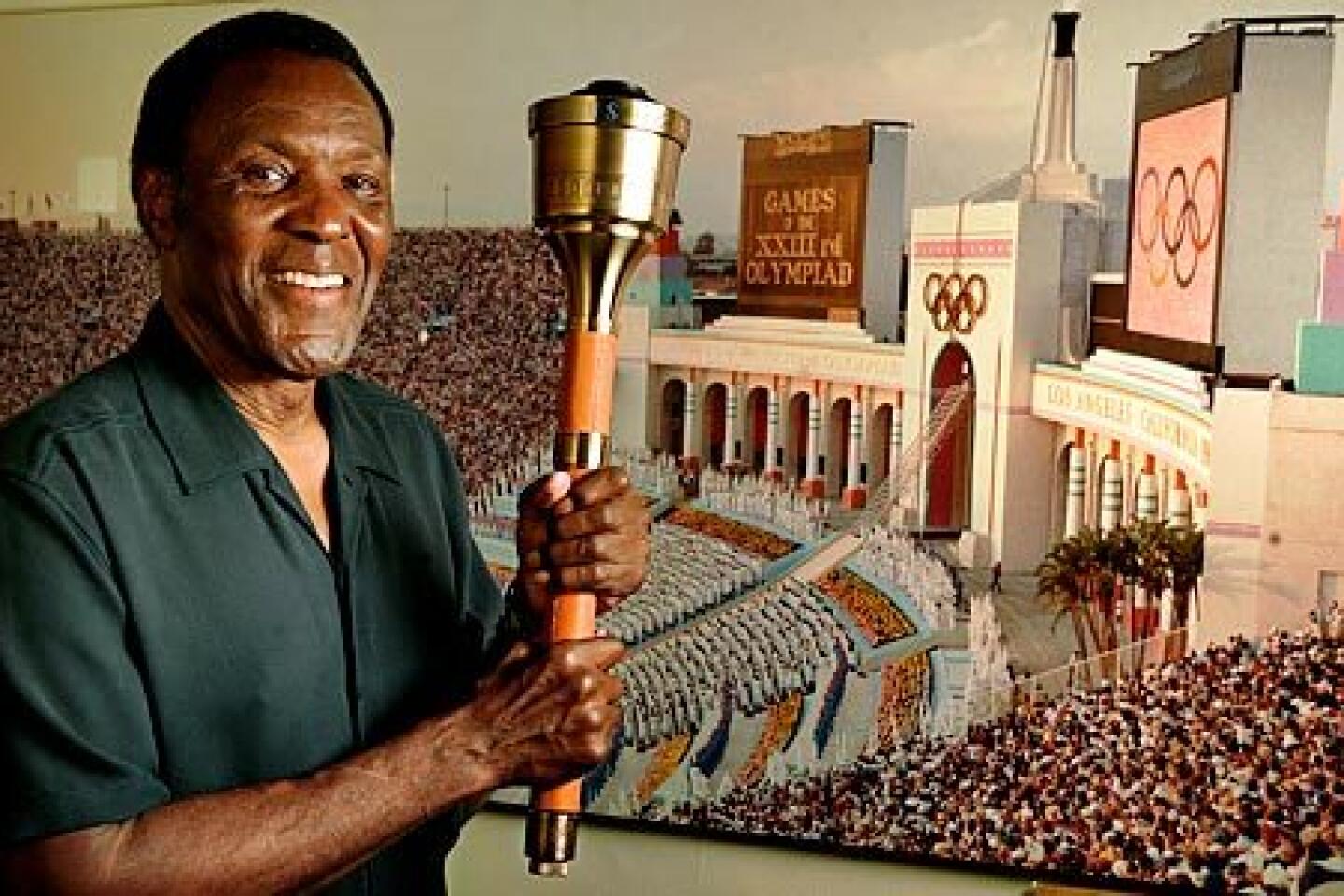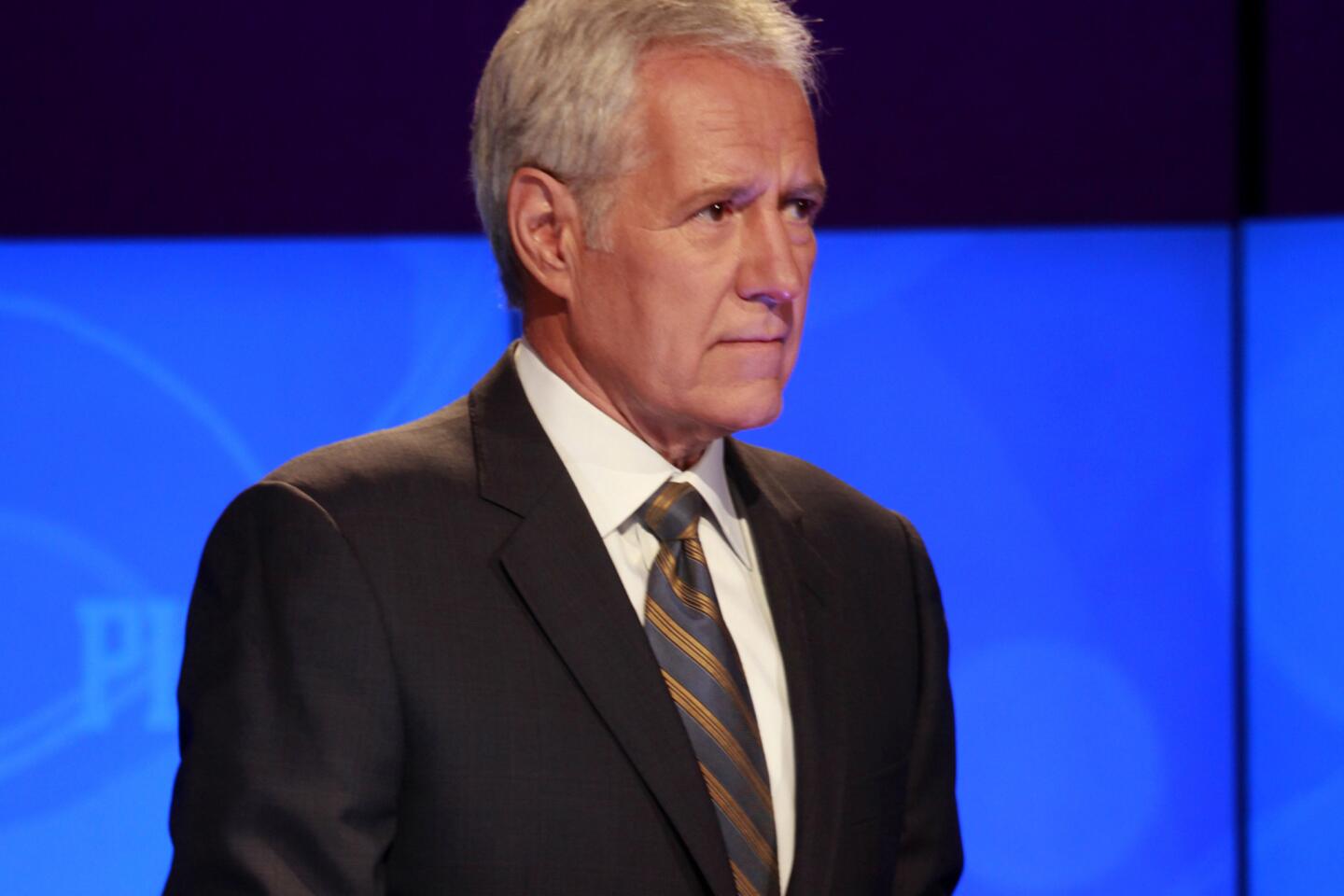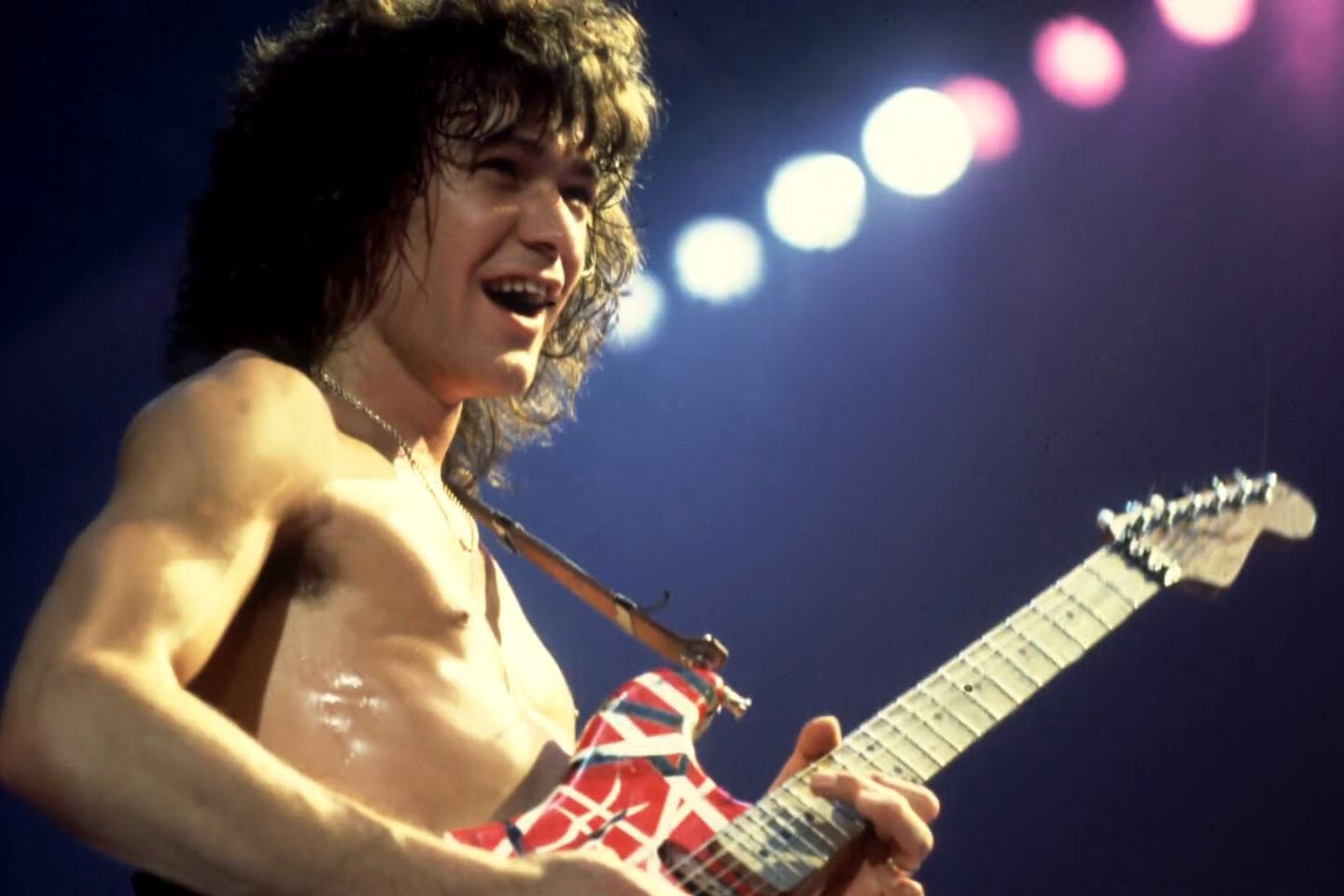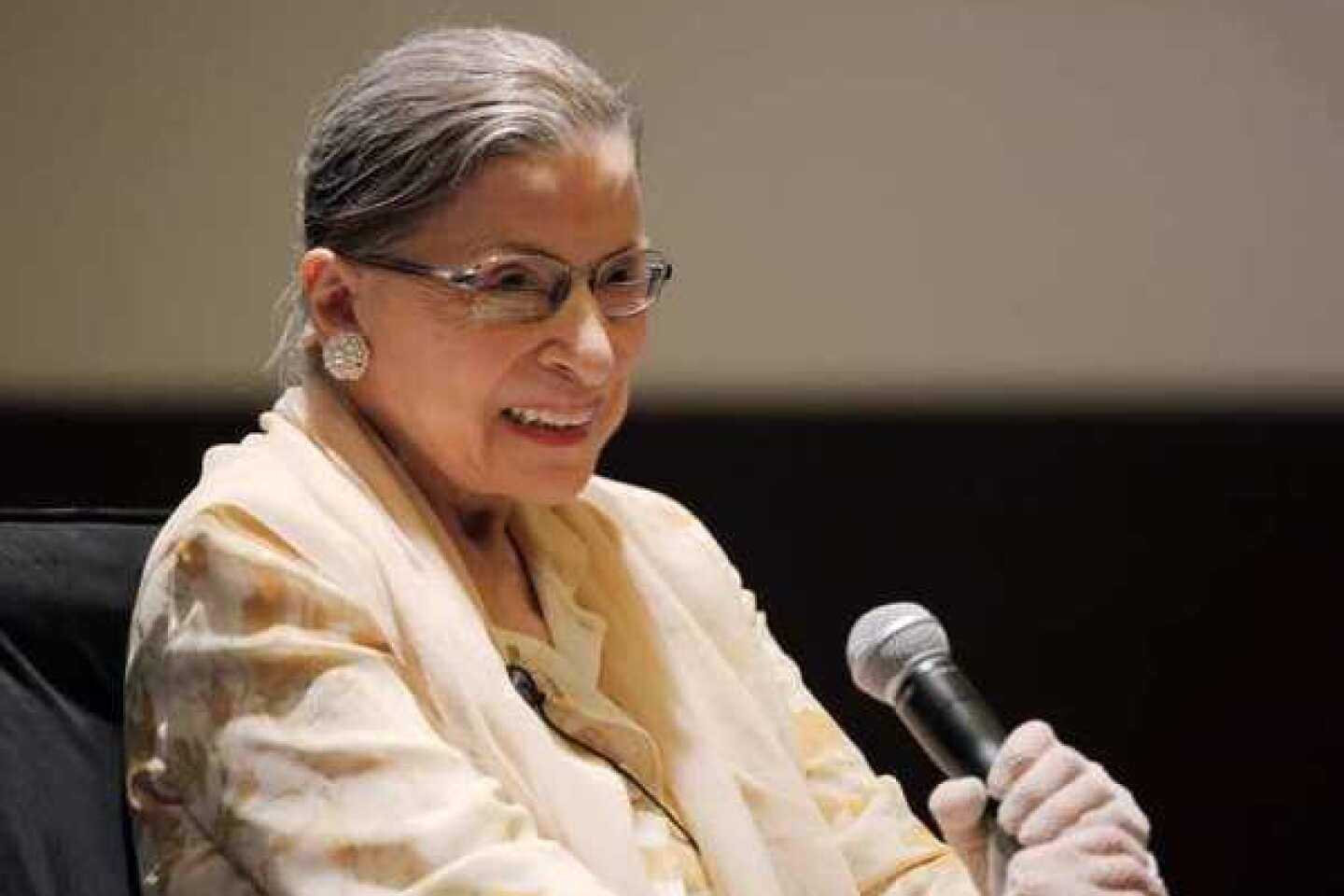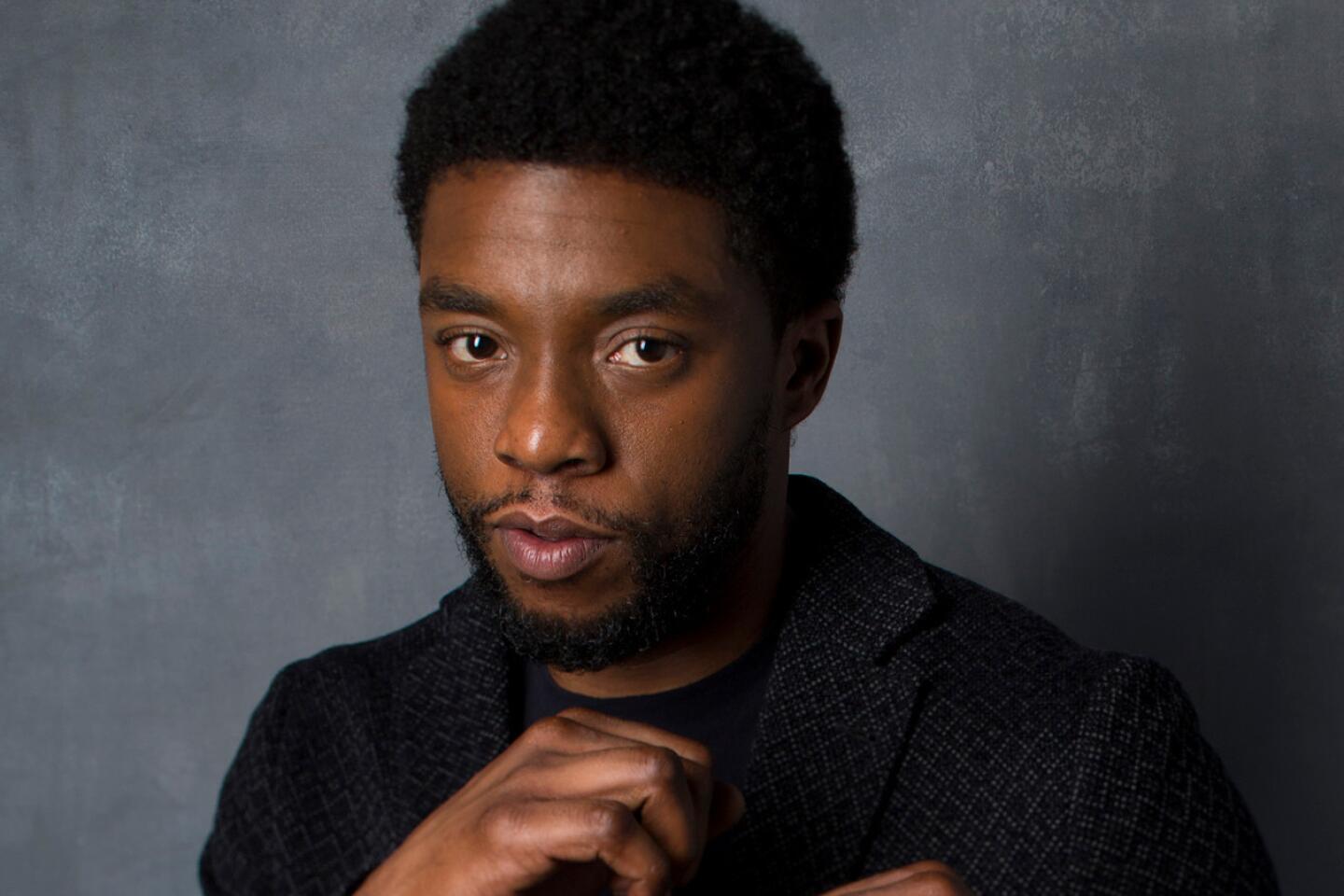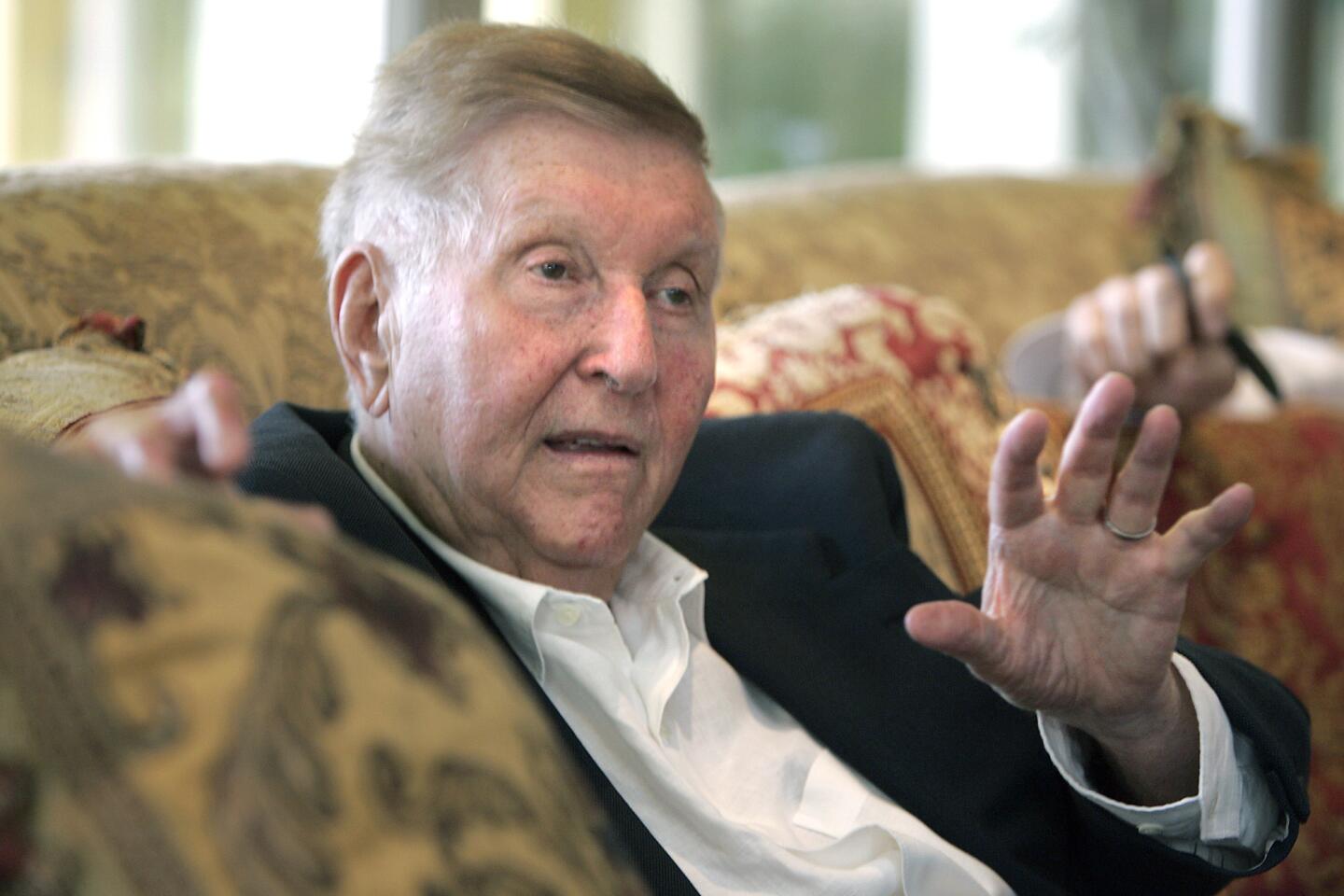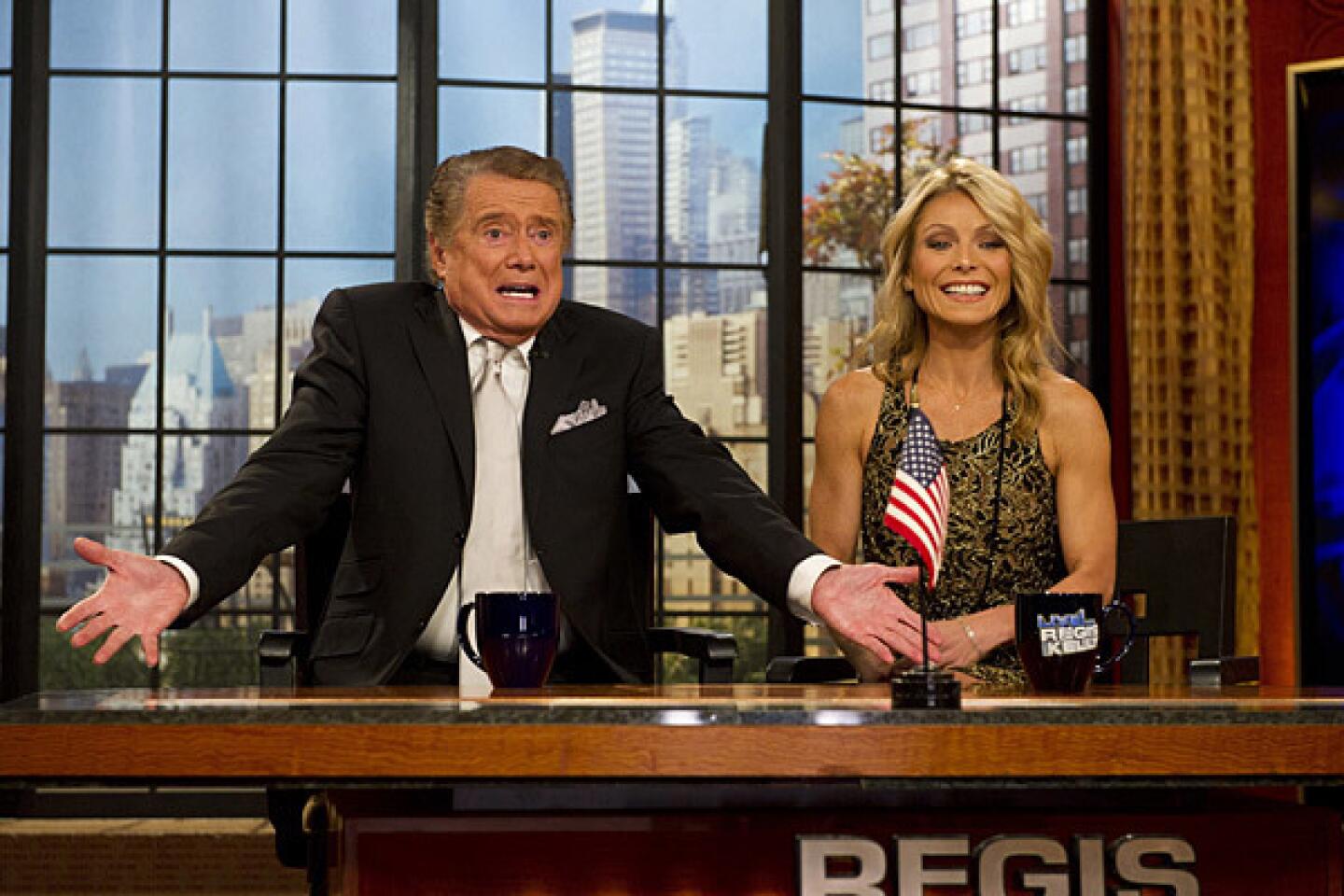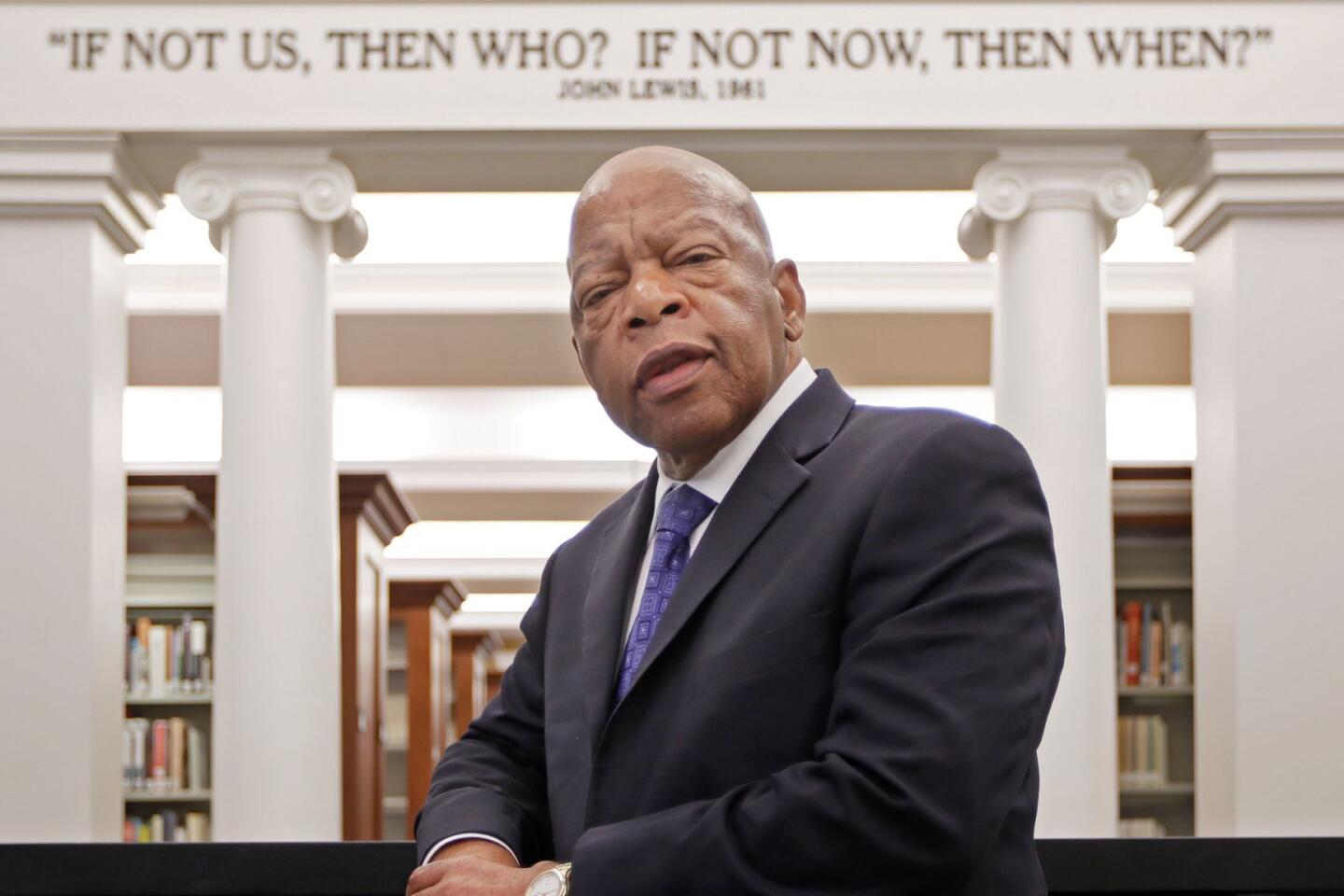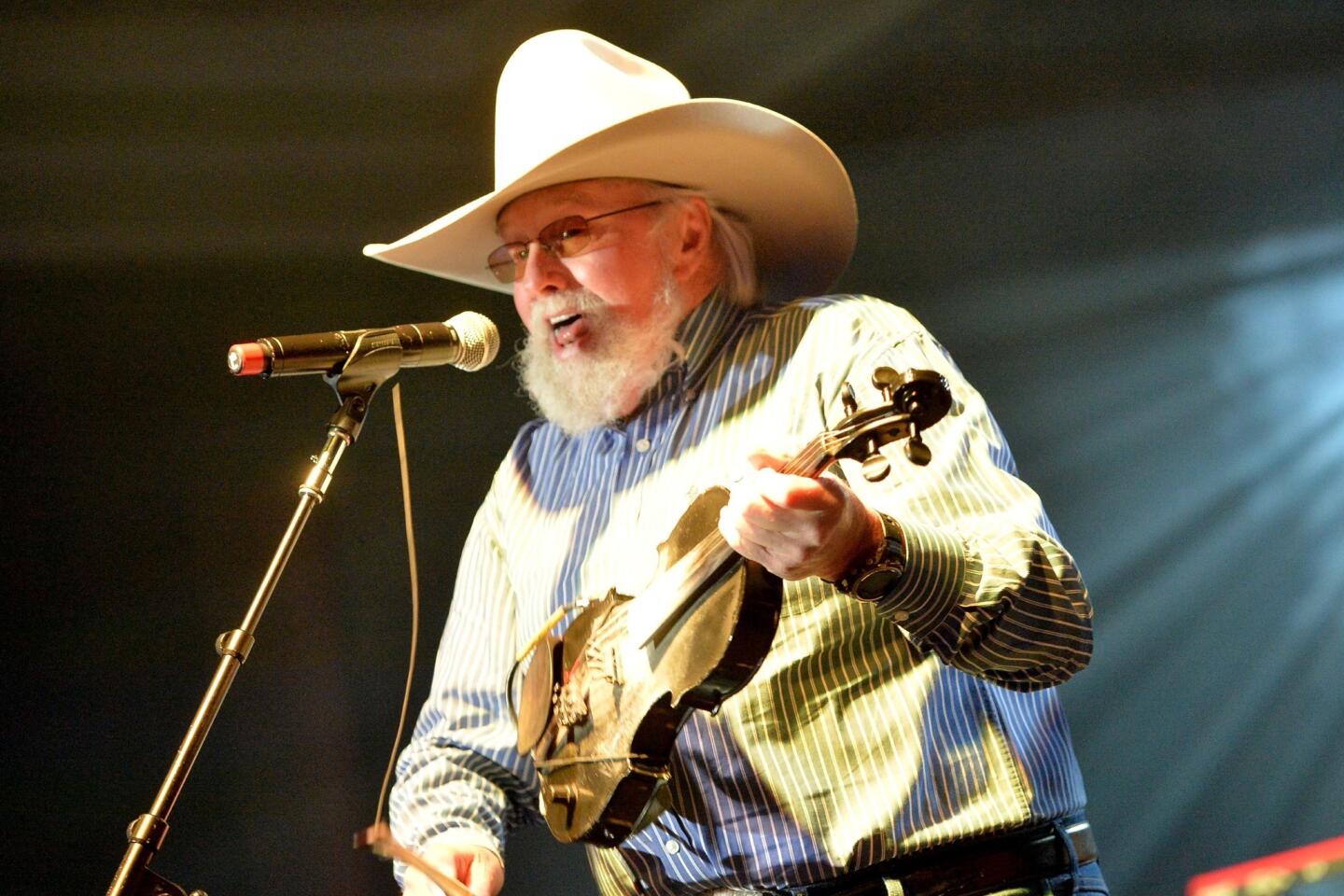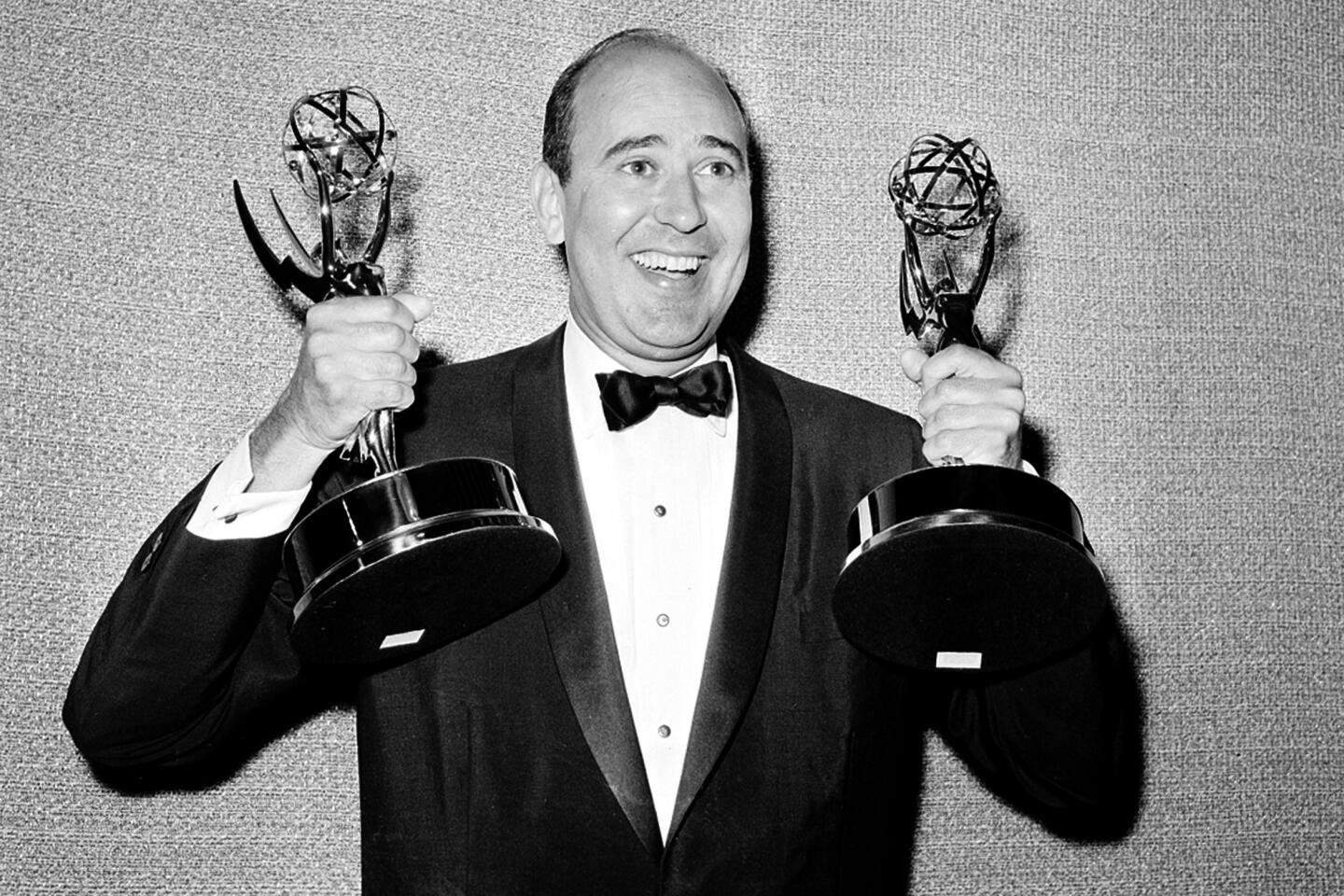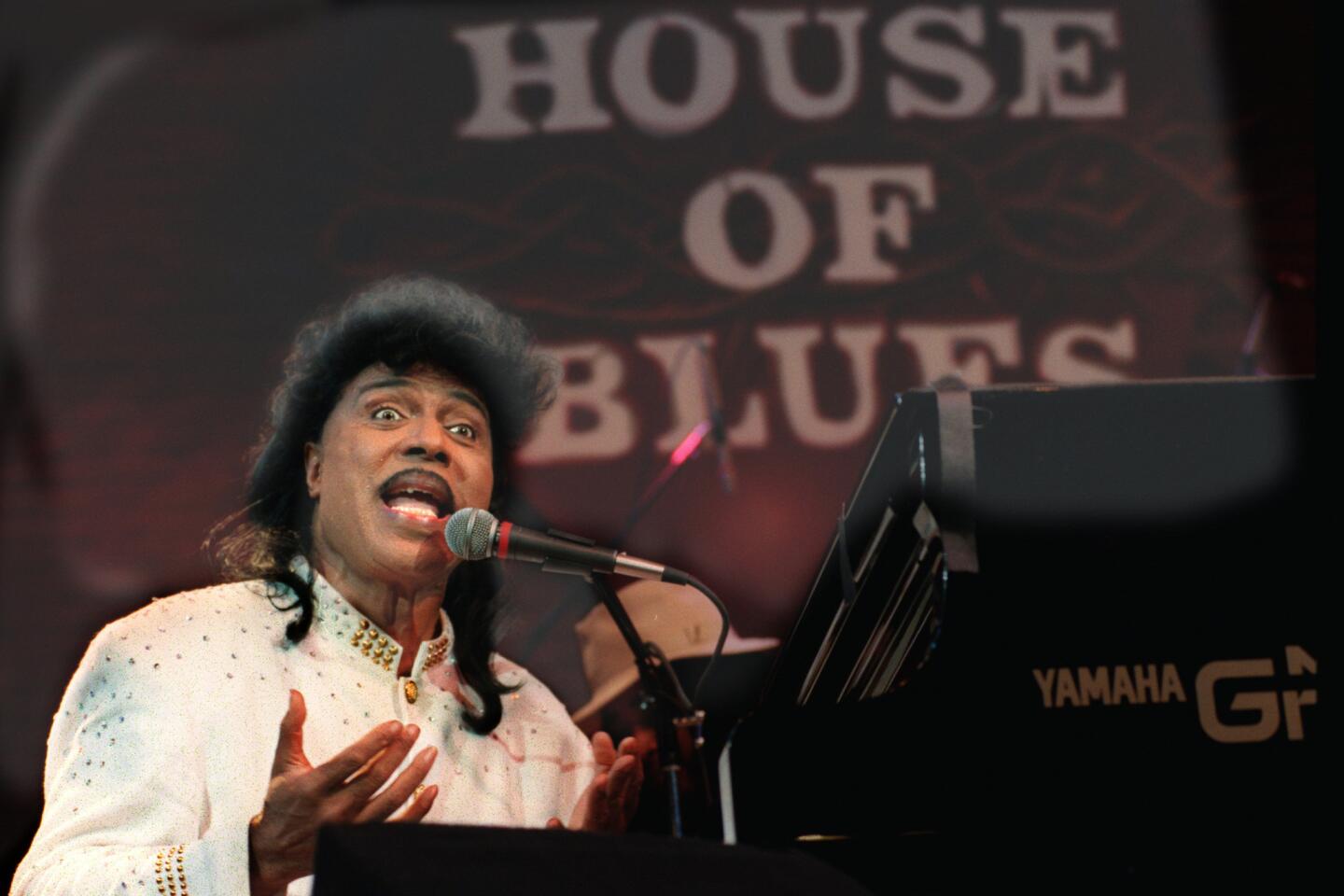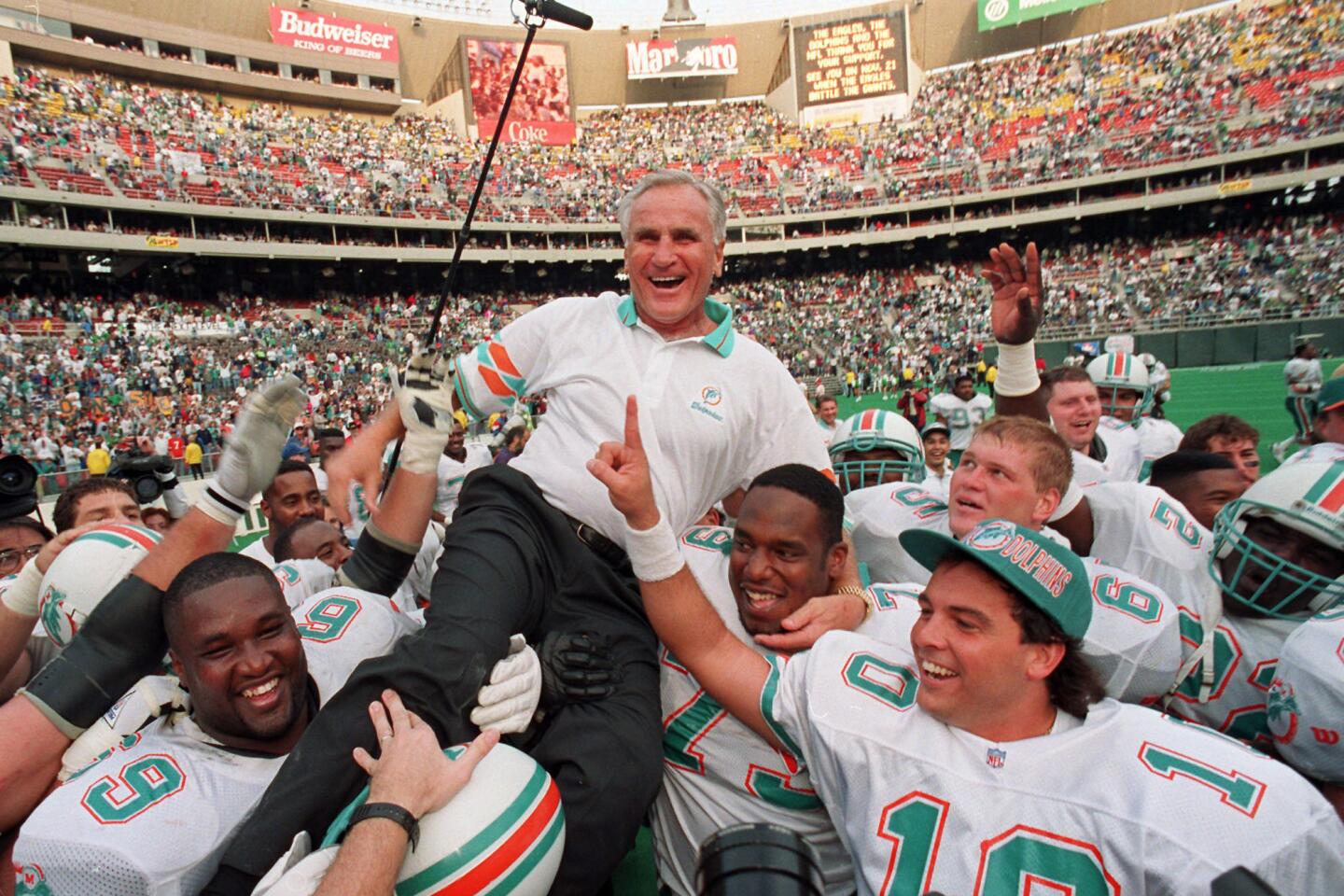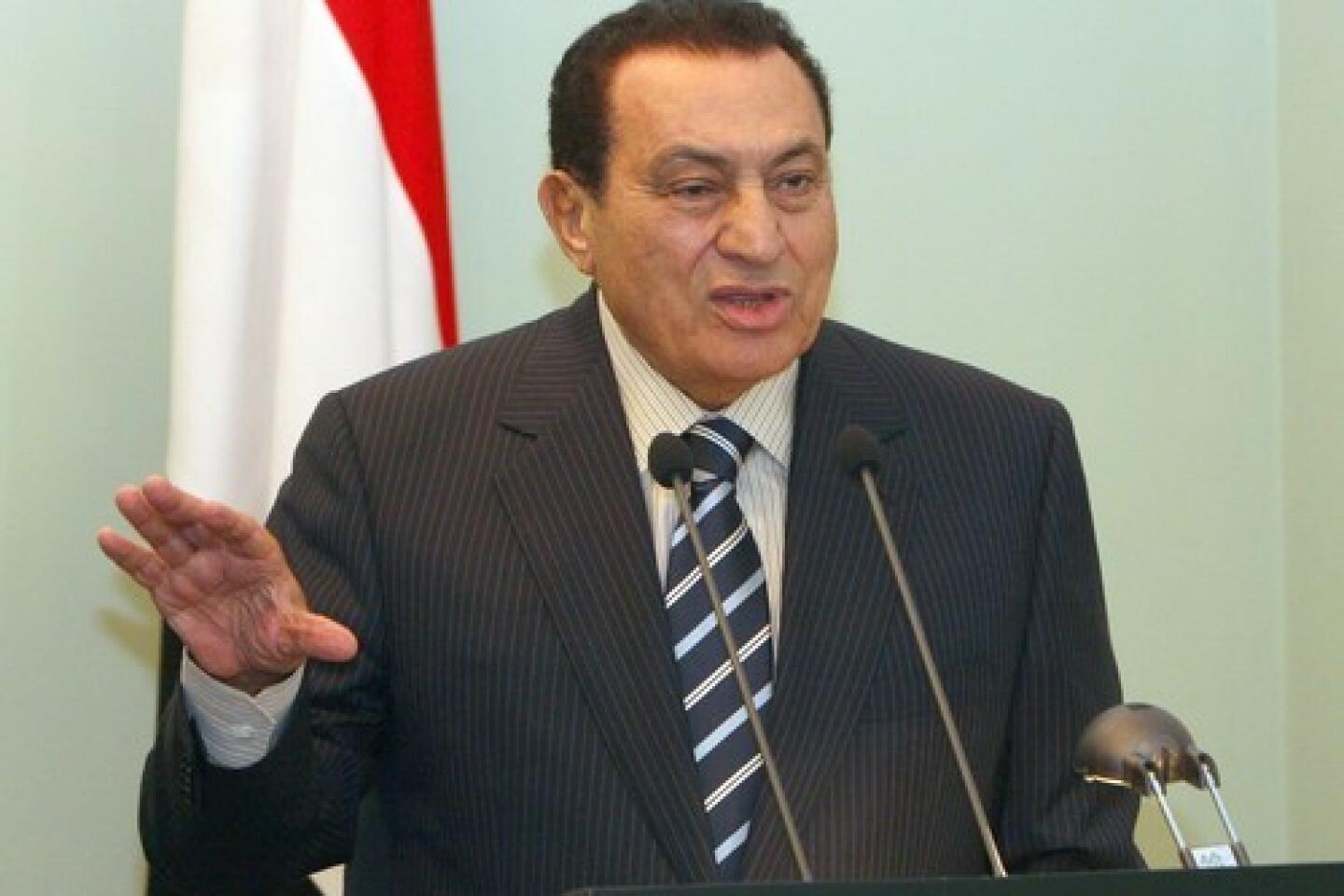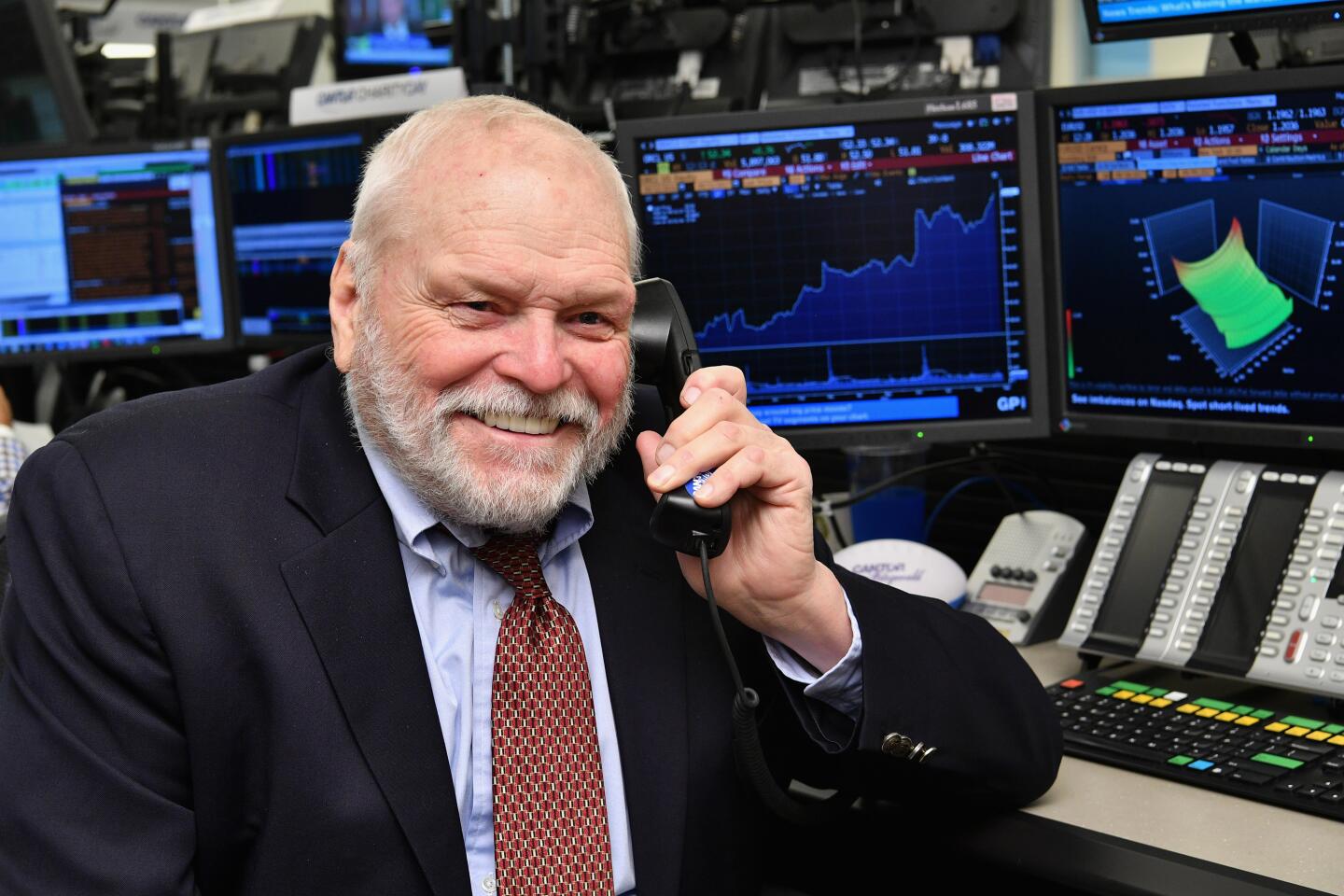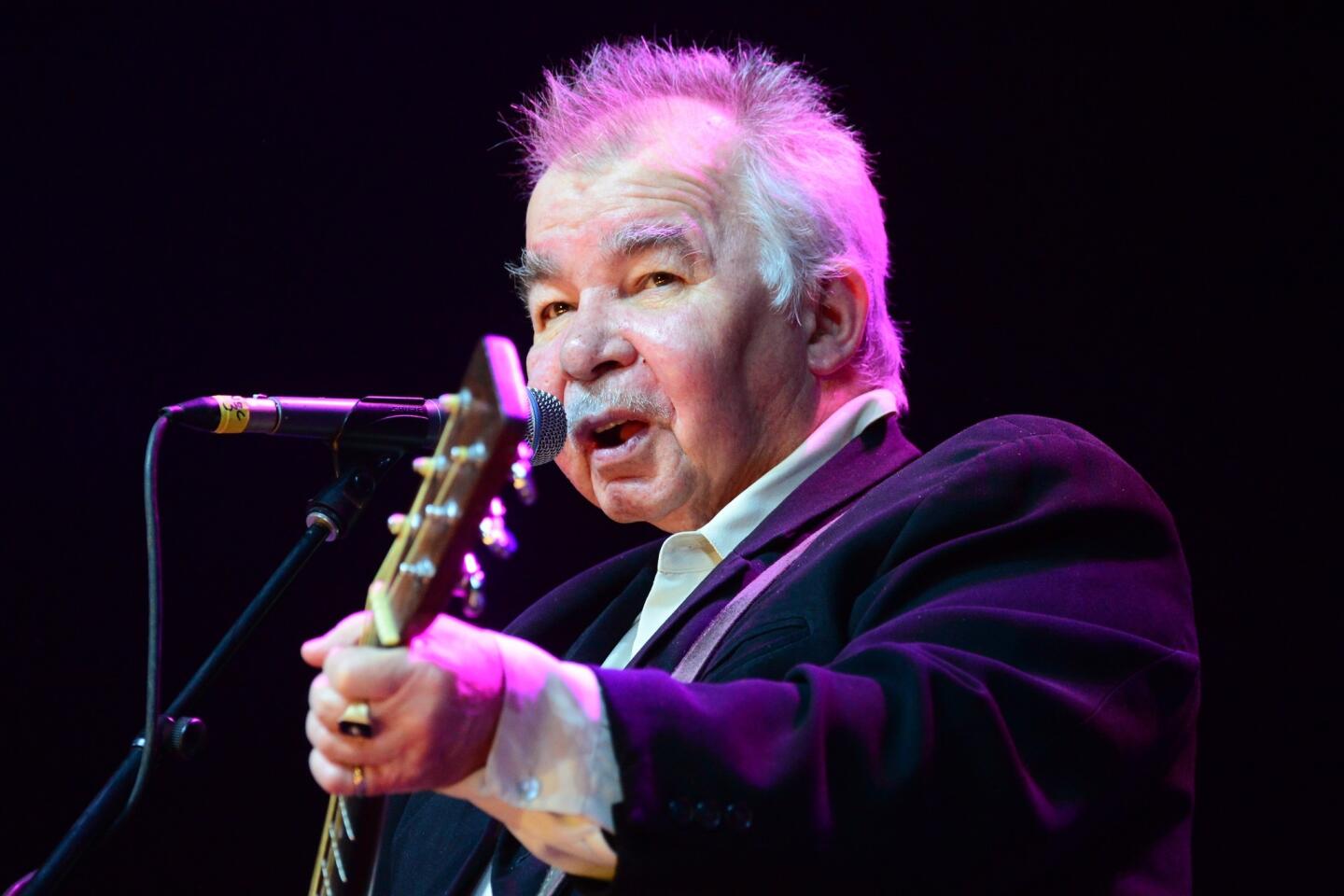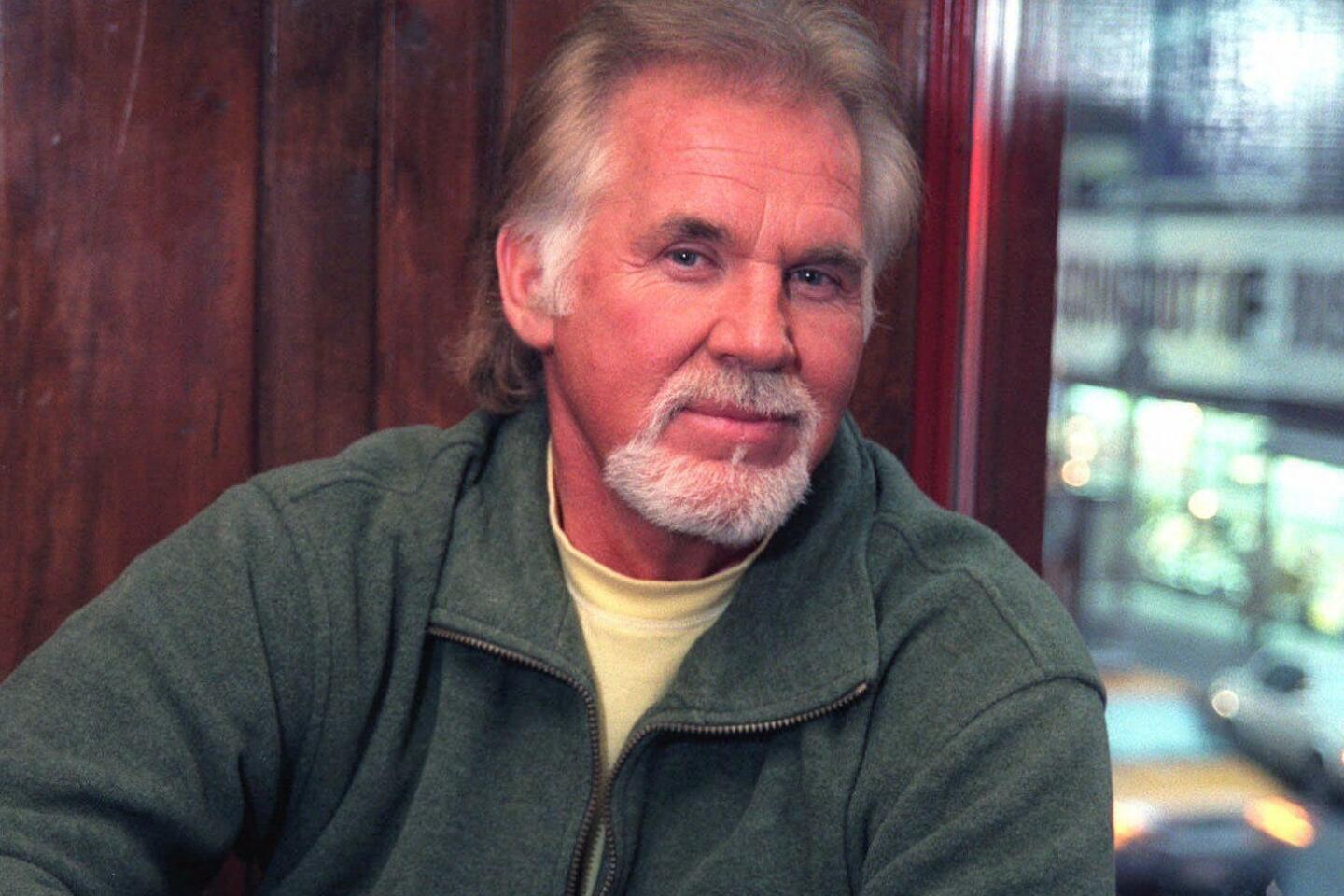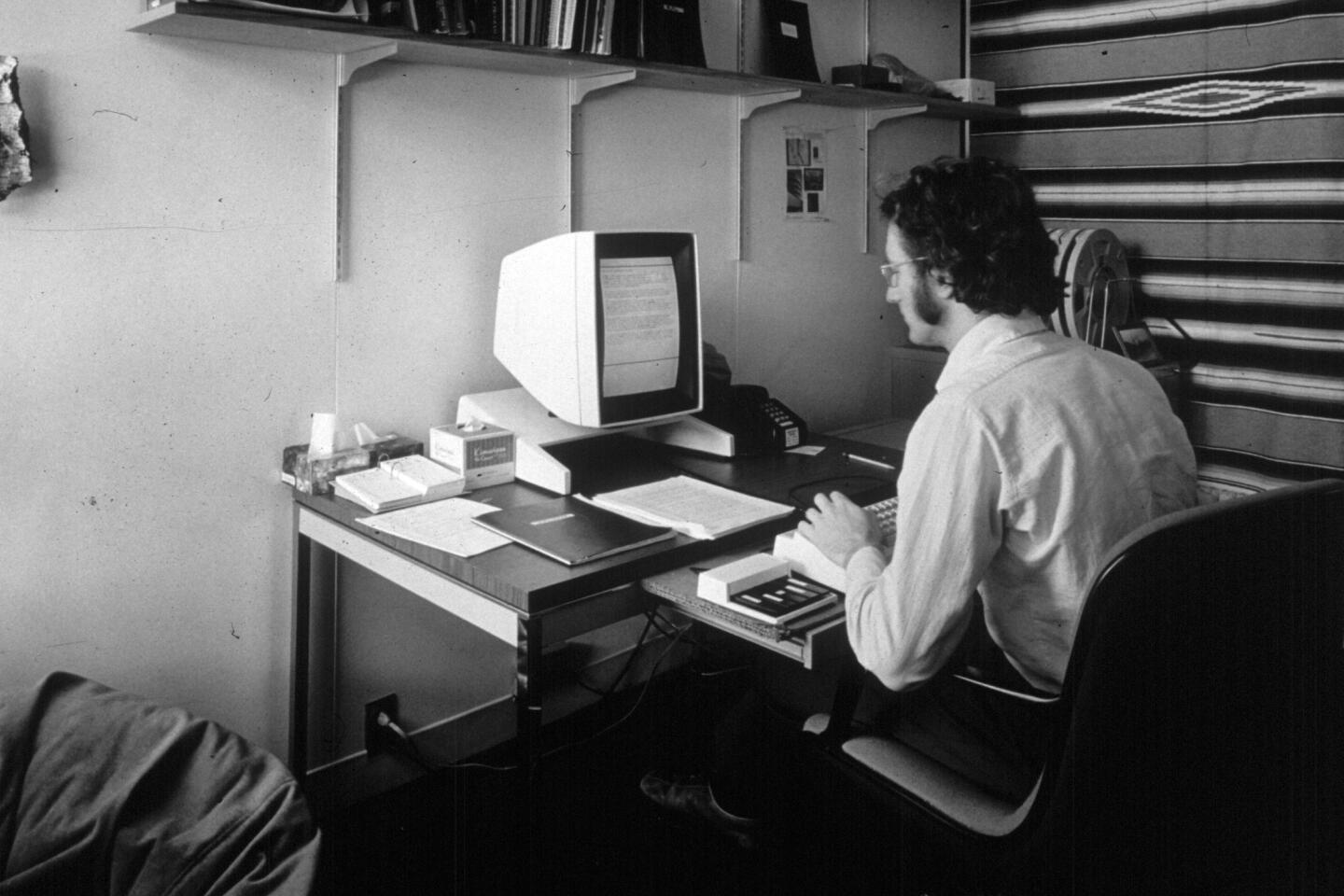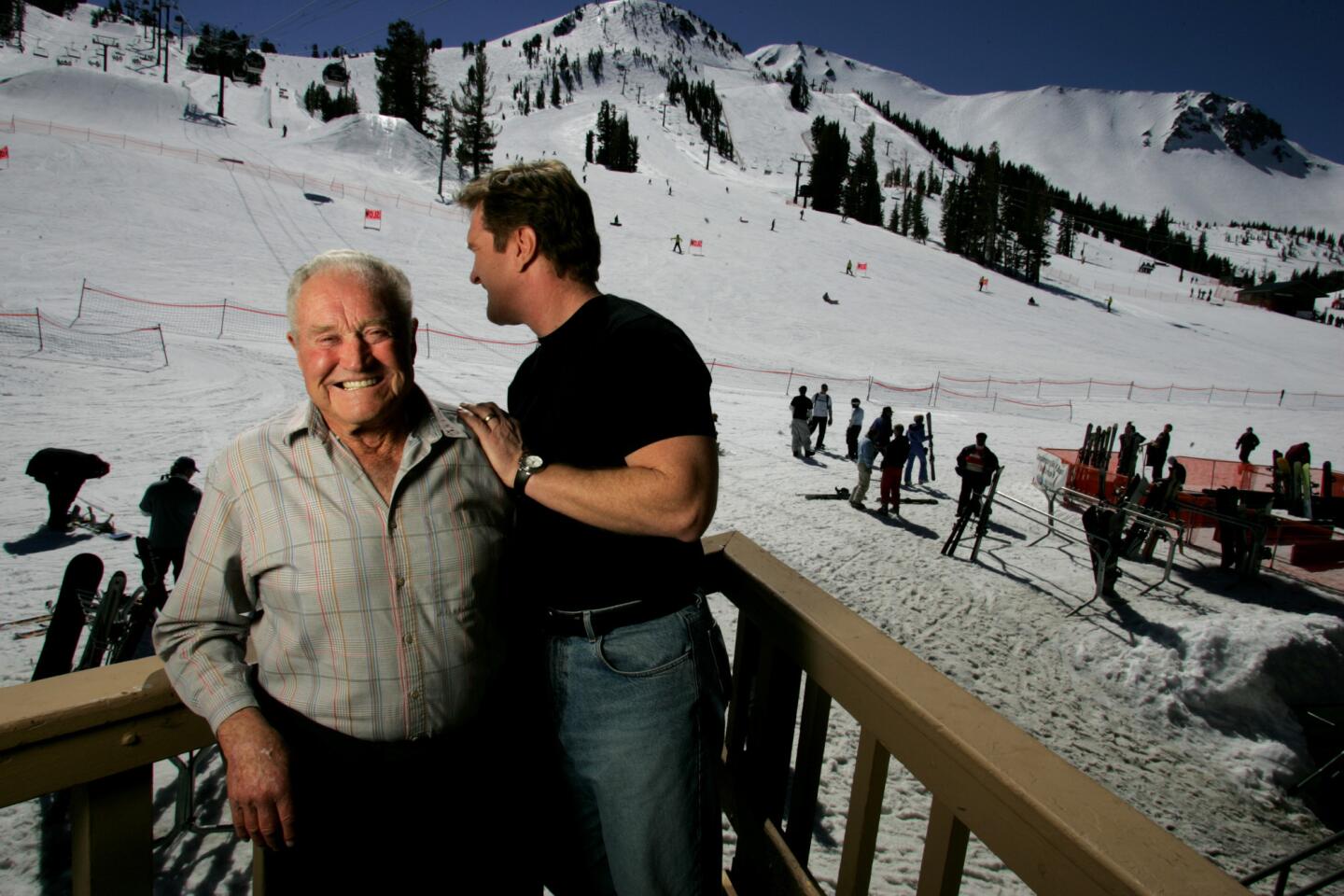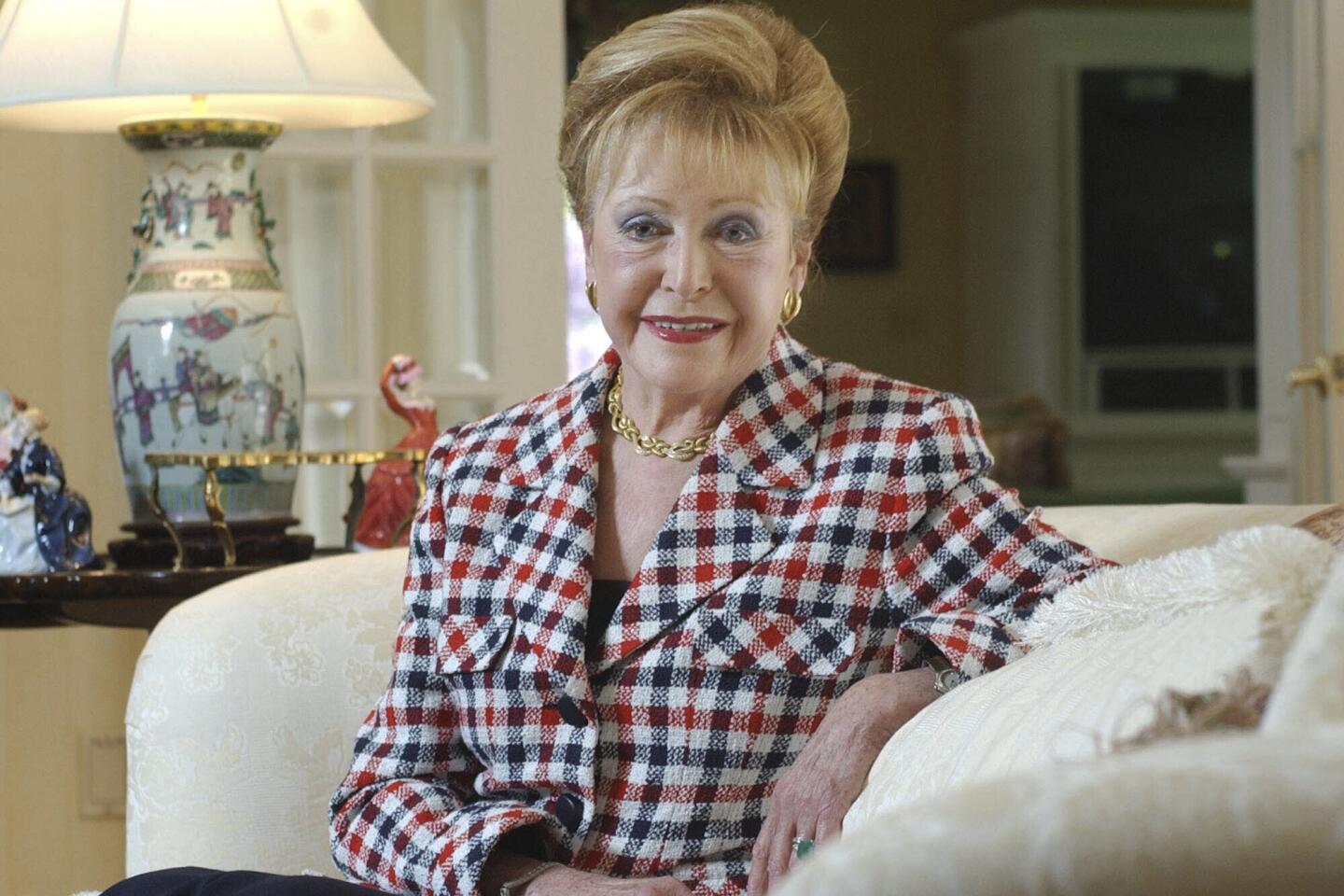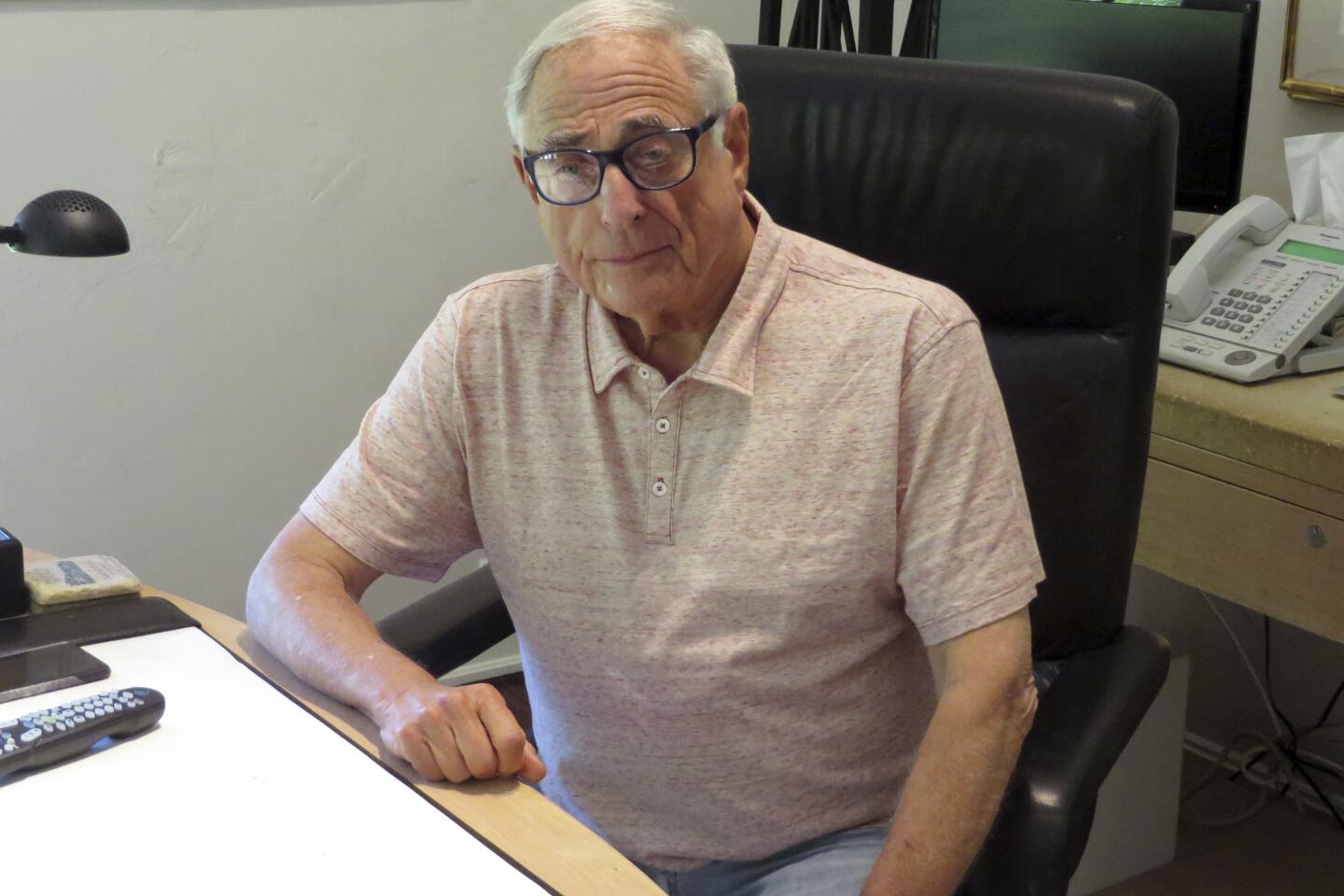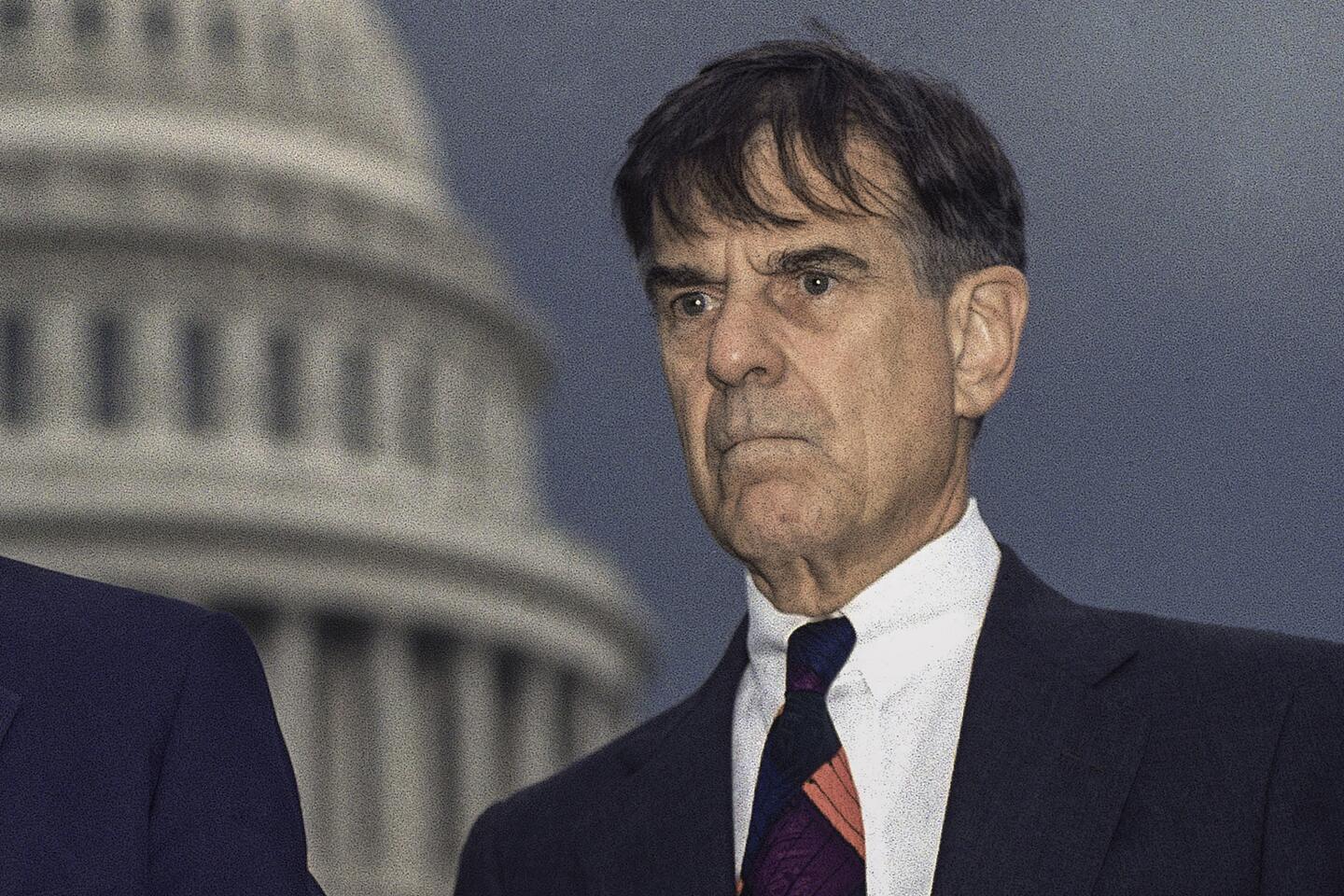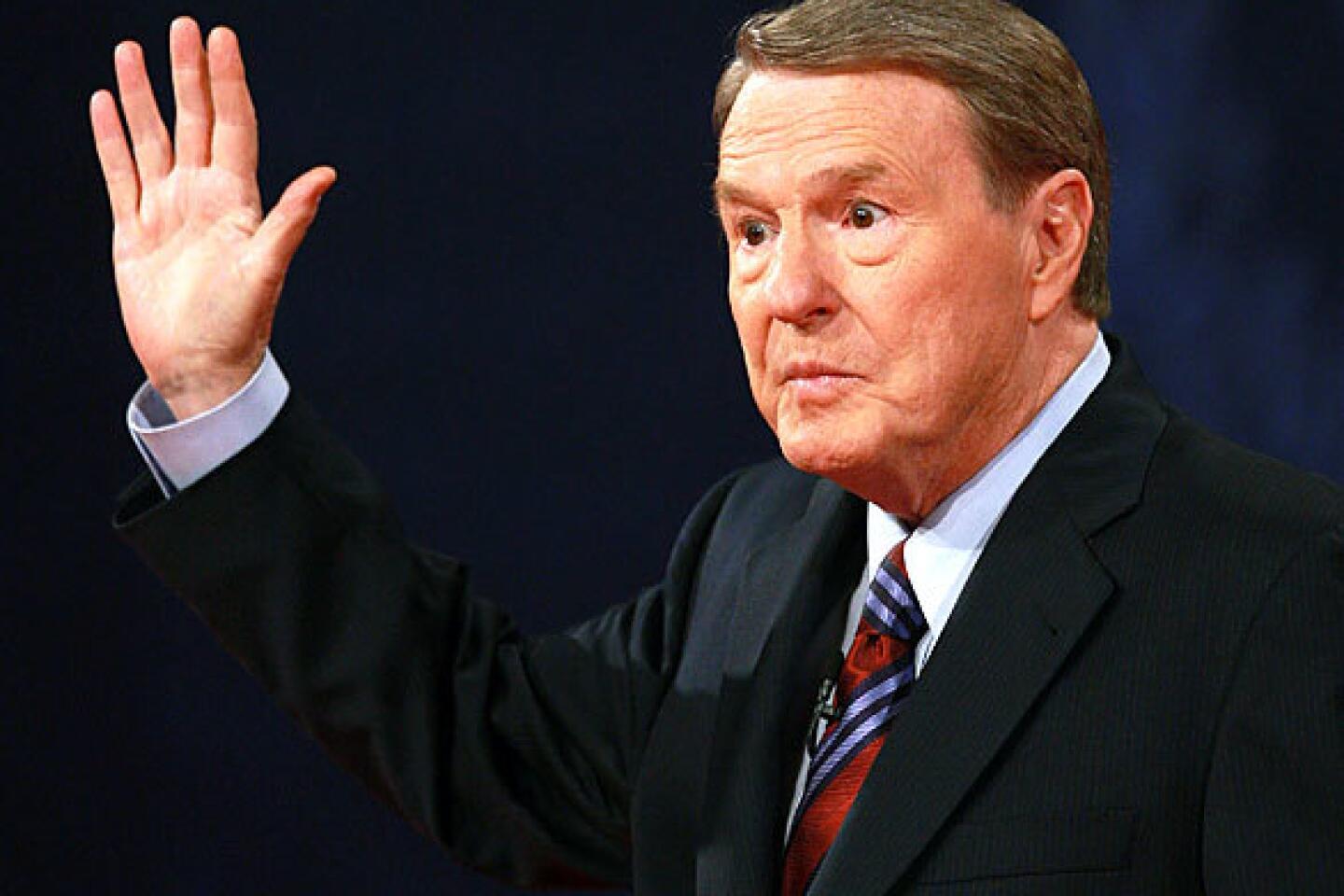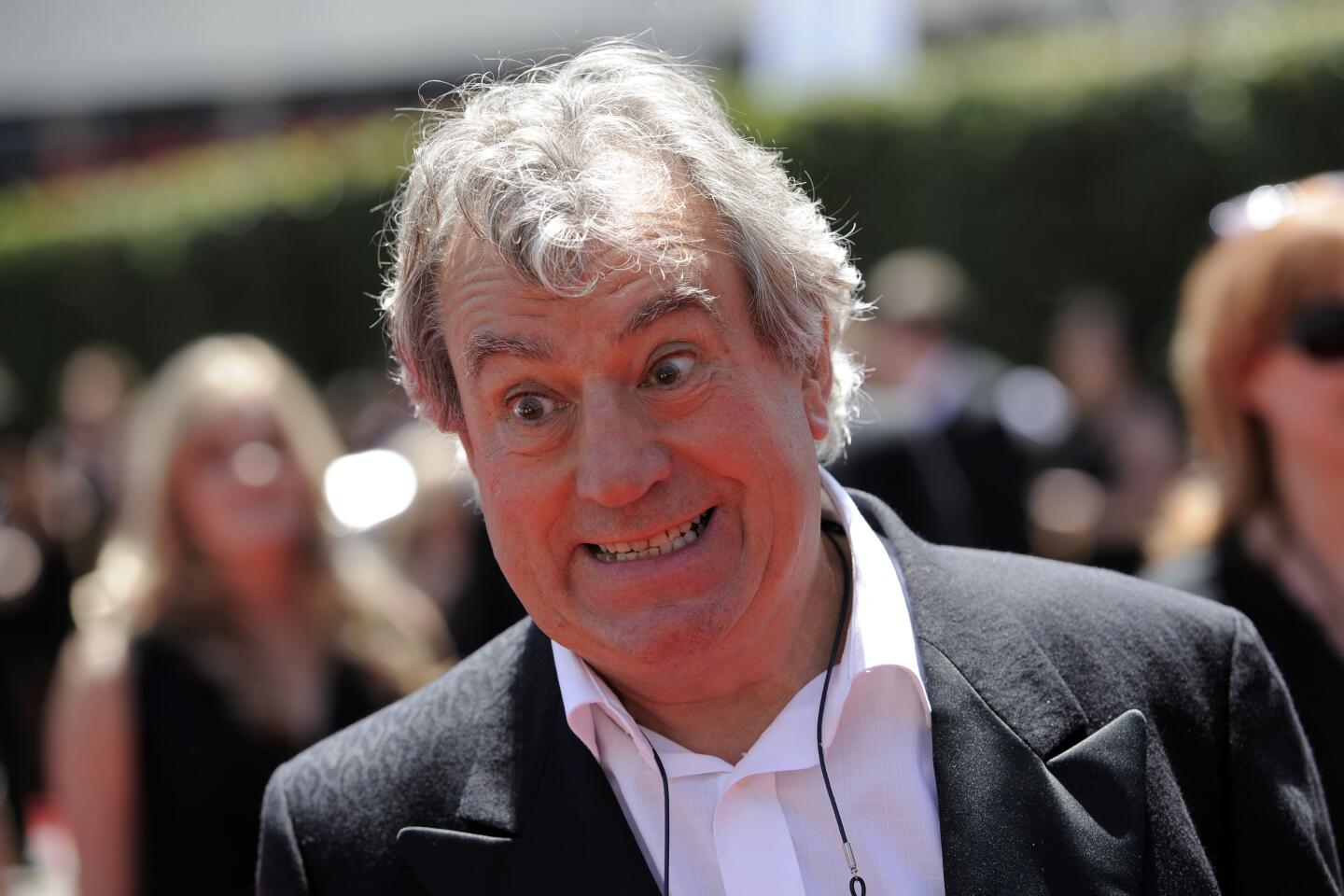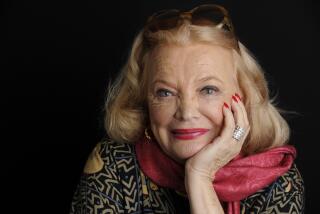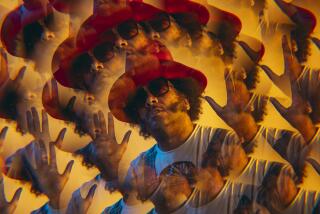Gene Reynolds, an adventuresome Hollywood director and writer who brought the absurdities of warfare into Americaâs living rooms with âMASHâ and used the tough inner-city schools of Los Angeles as a blueprint for âRoom 222,â has died at age 96.
A child star who became more intrigued with the other side of the camera as he grew older, Reynolds died Monday of heart failure at Providence St. Joseph Medical Center in Burbank, the Directors Guild of America confirmed.
During a long career, the director also turned to the Los Angeles Times, and particularly the city desk, when he was fleshing out early episodes of âLou Grant,â the popular prime-time drama in which Ed Asner â as the gruff yet kindhearted city editor â prowls the newsroom at the fictional Los Angeles Tribune.
Reynolds told The Times that television had long depicted newspapers in a simplistic fashion â editors and executives cowering from their readers while reporters sleuthed their way through the city, more private eyes than actual journalists. Reynolds said he sought to show that the heart and soul of the newspaper was its newsroom, the final waiting room for a thousand different stories.
âLou Grant,â like âMASHâ and âRoom 222,â had to overcome critics, poor ratings and nervous network executives to survive. Each, though, became a runaway hit, with the final episode of âMASHâ drawing the single largest audience for an episode in a prime-time series. And Reynolds won Emmy awards for all three.
Eugene Reynolds Blumenthal was born April 4, 1923, in Cleveland. His father was a struggling businessman, his mother a model. The family moved to Detroit and finally Los Angeles as his father sought work. Reynolds broke into acting as an extra on âOur Gangâ comedy short films and studied drama at the Pasadena Playhouse.
Reynolds was contracted when he was only 14 by Metro-Goldwyn-Mayer to play the younger version of lead actors in a long list of films, often in flashback scenes â Don Ameche as a boy in âSins of Man,â a young Jimmy Stewart in âOf Human Heartsâ and a pint-sized Robert Taylor in âThe Crowd Roars.â Convinced his career would never fully blossom, he joined the U.S. Navy during the height of World War II.
When he was discharged, he turned to directing, working on âAlfred Hitchcock Presents,â âMy Three Sonsâ and âHoganâs Heroes,â which he told The Times underscored his mounting concern that there was nothing â even life in wartime â that network television couldnât trivialize.
Reynolds had already met success with âRoom 222,â which tackled pressing issues such as the civil rights movement, feminism and the Vietnam War from the perspective of adolescents in urban Los Angeles, when he was asked to take on âMASH.â
CBS was hoping to capitalize on the enormous success of the Oscar-winning 1970 Robert Altman movie of the same name but hoped to deliver its audience something more family-friendly and benign.
Reynolds, though, opted to stick closer to the comedic darkness Altman had found in the story of a group of medics stationed at a mobile Army surgical hospital near the front lines during the Korean War. Though the television series was set during the Korean conflict, the show was very much about the Vietnam War and its characters very much the tortured, hollowed-out pawns in a war that to them seemed pointless.
Reynolds said he sought to be sensitive to the horrors of combat and the valor of the medics and soldiers on the battlefield, but he felt it necessary to focus on the absurdity of it all.
âTheyâre in the middle of a war where everything is designed to kill, but theyâre in the business of putting these bodies back together again, only to have them sent back ⌠which becomes like shoving a rock up a hill only to have it roll down again,â Reynolds told author David S. Reiss for his book âMASH: The Exclusive, Inside Story of TVâs Most Popular Show.â
Reynolds found the perfect vehicle for his antiwar narrative in Alan Alda, an emerging actor who brought a world-weary cynicism to the character he portrayed, Benjamin âHawkeyeâ Pierce.
Still, put up against ABCâs âWonderful World of Disneyâ â 60 minutes of family-friendly wholesomeness â âMASHâ nearly skidded off the runway. Ratings were poor, reviews tepid and network executives skittish.
Reluctantly, CBS gave the show a second season, and it took off on an 11-year run, ending with a final two-hour episode that drew 105.9 million viewers.
Alda, Loretta Swit, Harry Morgan, Mike Farrell and others in the showâs entourage said Reynolds was remarkable for inviting actors into the script-writing process, urging them to participate in developing and expanding their characters.
âGene would take us through the script, page by page, to see if anyone had any questions or suggestions,â Farrell said in an interview with the Hollywood Reporter. âI thought, âThese people want to hear from the actors about the script? Oh, my God, Iâm in heaven.ââ
During his career, Reynolds was nominated for 22 Emmy awards, winning six times. He served twice as the president of the Directors Guild of America.
He is survived by his wife, Ann, and a son, Andrew.
1/25
Kobe Bryant, Ruth Bader Ginsburg, Sean Connery and more. (Los Angeles Times)
2/25
Rafer Johnson, winner of the 1960 Olympic decathlon gold medal, was a man whose legacy was interwoven with Los Angeles history, beginning with his performances as a world-class athlete at UCLA and punctuated by the night in 1968 when he helped disarm Robert F. Kennedyâs assassin at the Ambassador Hotel. Johnson lit the Olympic flame at the opening of the 1984 Summer Games in Los Angeles. He was 86.
(Mel Melcon / Los Angeles Times) 3/25
With his quick wit and easy smile,
Alex Trebek drove the game show âJeopardy!â up the ratings charts and became a welcome television host in Americaâs living rooms. As the quiz show rolled through the decades, Trebek remained a comfortable fit â in a 2014 Readerâs Digest poll, Trebek ranked as the eighth-most trusted person in the United States, right behind Bill Gates and 51 spots above Oprah Winfrey. He was 80.
(Los Angeles Times) 4/25
Guitarist Eddie Van Halenâs speed and innovations along the fretboard inspired a generation of imitators as the band bearing his name rose to MTV stardom and multiplatinum sales over 10 consecutive albums. The streak made Van Halen one of the most successful bands in rock history, including two albums that reached diamond status (10 million copies sold): 1978âs debut âVan Halenâ and 1984âs â1984.â He was 65.
(Wibbitz/Getty) 5/25
Justice Ruth Bader Ginsburg championed womenâs rights â first as a trailblazing civil rights attorney who methodically chipped away at discriminatory practices, then as the second woman to serve on the Supreme Court, and finally as an unlikely pop culture icon. A feminist hero dubbed Notorious RBG, Ginsburg became the leading voice of the courtâs liberal wing, best known for her stinging dissents on a bench that mostly skewed right since her 1993 appointment. She was 87.
(Kiichiro Sato / Associated Press) 6/25
Chadwick Bosemanâs breakout role was playing Dodger Jackie Robinson in the 2013 sports biopic â42.â The next year, he made an electrifying lead turn as James Brown, the Godfather of Soul, in âGet on Up.â Then came the role that would change his career: As
Black Panther, the Marvel Cinematic Universeâs first Black superhero, Boseman became the face of Wakanda to millions of fans around the world and helped usher in a new and inclusive era of superhero blockbusters. He was 43.
(Jay L. Clendenin / Los Angeles Times) 7/25
Sumner Redstone outmaneuvered rivals to assemble one of Americaâs leading entertainment companies, now called ViacomCBS, which boasts CBS, Comedy Central, MTV, Nickelodeon, BET, Showtime, the Simon & Schuster book publisher and Paramount Pictures movie studio. Unlike contemporaries Rupert Murdoch and Ted Turner, Redstone was not a visionary, but rather a hard-charging lawyer and deal maker who pursued power and wealth through the accumulation of content companies. He was 97.
(Brian Vander Brug / Los Angeles Times) 8/25
Regis Philbin reigned for decades as the comfortable and sometimes cantankerous morning host of âLive,â first with Kathie Lee Gifford and later Kelly Ripa, above. He earned Emmy nominations by the armful, hosted New Yearâs Eve specials, rode in parades, set a record for the most face-time hours on television and helped reinvigorate prime-time game shows with âWho Wants to Be a Millionaire.â He was 88.
(Charles Sykes / Associated Press) 9/25
Rep. John Lewis famously shed his blood at the foot of a Selma, Ala., bridge in a 1965 demonstration for Black voting rights, and went on to become a 17-term Democratic member of Congress. An inspirational figure for decades, Lewis was one of the last survivors among members of the Rev. Martin Luther King Jr.âs inner circle. He was 80.
(Mark Humphrey / Associated Press) 10/25
Country music firebrand and fiddler Charlie Daniels started out as a session musician, which included playing on Bob Dylanâs 1969 album âNashville Skyline,â and beginning in the early 1970s toured endlessly with his own band, sometimes doing 250 shows a year. In 1979, Daniels had a crossover smash with âThe Devil Went Down to Georgia,â which topped the country chart, hit No. 3 on the pop chart and was voted single of the year by the Country Music Assn. He was 83.
(Rick Diamond / Getty Images for IEBA) 11/25
Carl Reiner first came to national attention in the 1950s on Sid Caesarâs âYour Show of Shows,â where he wrote alongside Mel Brooks, Neil Simon and other comedy legends. He later created âThe Dick Van Dyke Show,â one of TVâs most fondly remembered sitcoms, and directed hit films including âThe Comicâ (1969), starring Van Dyke; âWhereâs Poppa?â (1970), starring George Segal and Ruth Gordon; âOh, God!â starring George Burns and John Denver; and four films starring Steve Martin. He was 98.
(Associated Press ) 12/25
The flamboyant, piano-pounding Little Richard roared into the rock ânâ roll spotlight in the 1950s with hits such as âTutti-Frutti,â âLong Tall Sallyâ and âGood Golly, Miss Molly.â The Georgia nativeâs raucous sound fused gospel
fervor and R&B sexuality, profoundly influencing the Beatles, James Brown (who succeeded him in one of his early bands), Jimi Hendrix (one of his backup musicians in the mid-â60s) and Bruce Springsteen. He was 87.
(Boris Yaro / Los Angeles Times) 13/25
Don Shula was the NFLâs winningest coach, leading the 1972 Miami Dolphins to the leagueâs only undefeated season. He coached the Baltimore Colts to one Super Bowl and the Dolphins to five, winning Lombardi Trophies after the 1972 and â73 seasons. He was 90.
(ASSOCIATED PRESS) 14/25
Former Egyptian
President Hosni Mubarak crushed dissent for decades until the 2011 Arab Spring movement drove him from power. During his presidency, which spanned nearly 30 years, he protected Egyptâs stability as intifadas roiled Israel and the Palestinian territories, the U.S. led two wars against Iraq, Iran fomented militant Shiite Islam across the region and global terrorism complicated the divide between East and West. He was 91.
(Sameh Sherif / AFP/Getty Images) 15/25
Among his 40-odd films,
burly Brian Dennehy played a sheriff who jailed Rambo in âFirst Blood,â a serial killer in âTo Catch a Killerâ and a corrupt sheriff in âSilverado.â On Broadway, he was awarded Tonys for his roles in âDeath of a Salesmanâ (1999) and âLong Dayâs Journey Into Nightâ (2003). He was 81.
(Dia Dipasupil) 16/25
Singer-songwriter John Prine broke onto the folk scene in 1971 with a self-titled album that included two songs brought to broader audiences by Bette Midler and Bonnie Raitt: âHello in Thereâ and âAngel From Montgomery,â respectively. In 2019, he was elected to the Songwriters Hall of Fame. He was 73.
(Frazer Harrison / Getty Images for Stagecoach) 17/25
Country singer Kenny Rogers racked up an impressive string of hits â initially as a member of The First Edition starting in the late 1960s and later as a solo artist and duet partner with Dolly Parton â and earned three Grammy Awards, 19 nominations and a slew of accolades from country-music awards shows. Country purists balked at his syrupy ballads, but his fans packed arenas that only the titans of rock could fill. He was 81.
(Suzanne Mapes / Associated Press) 18/25
Xerox researcher Larry Tesler pioneered concepts that made computers more user-friendly, including moving text through cut, copy and paste. In 1980, he joined Apple, where he worked on the Lisa computer, the Newton personal digital assistant and the Macintosh. He was 74.
(AP) 19/25
Ski industry pioneer Dave McCoy transformed a remote Sierra peak into the storied Mammoth Mountain Ski Area. Over six decades, it grew from a downhill depot for friends to a profitable operation of 3,000 workers and 4,000 acres of ski trails and lifts, a mecca for generations of skiers and boarders. He was 104. (Genaro Molina / Los Angeles Times)
20/25
Screen icon
Kirk Douglas brought a clenched-jawed intensity to an array of heroes and heels, receiving Oscar nominations for his performances as an opportunistic movie mogul in the 1952 drama âThe Bad and the Beautifulâ and as Vincent van Gogh in the 1956 drama âLust for Life.â As executive producer of âSpartacus,â Douglas helped end the Hollywood blacklist by giving writer Dalton Trumbo screen credit under his own name. He was 103.
(Annie Wells / Los Angeles Times) 21/25
âQueen of Suspenseâ
Mary Higgins Clark became a perennial best-seller, writing or co-writing âA Stranger Is Watching,â âDaddyâs Little Girlâ and more than 50 other favorites. Her sales topped 100 million copies, and many of her books, including âA Stranger is Watchingâ and âLucky Day,â were adapted for movies and television. She was 92.
(Associated Press) 22/25
Fred Silverman was the head of programming at CBS, where he championed a string of hits including âThe Mary Tyler Moore Show,â âAll in the Family,â âMASHâ and âThe Jeffersons.â Later at ABC, he programmed âLaverne & Shirley,â âThe Love Boat,â âHappy Daysâ and the 12-hour epic saga âRoots.â He was 82.
(Associated Press) 23/25
Former California
Rep. Fortney âPeteâ Stark Jr. represented the East Bay in Congress for 40 years. The influential Democrat helped craft the Affordable Care Act, the signature healthcare achievement of the Obama administration, and also created the 1986 law best known as COBRA, which allows workers to stay on their employerâs health insurance plan after they leave a job. He was 88.
(Associated Press) 24/25
News anchor
Jim Lehrer appeared 12 times as a presidential debate moderator and helped build âPBS NewsHourâ into an authoritative voice of public broadcasting. The program, first called âThe Robert MacNeil Reportâ and then âThe MacNeil-Lehrer Report,â became the nationâs first one-hour TV news broadcast in 1983. Lehrer was 85.
(David McNew / Getty Images) 25/25
Terry Jones was a founding member of the Monty Python troupe who wrote and performed for their early â70s TV series and films including âMonty Python and the Holy Grailâ in 1975 and âMonty Pythonâs Life of Brianâ in 1979. After the Pythons largely disbanded in the 1980s, Jones wrote books on medieval and ancient history, presented documentaries, wrote poetry and directed films. He was 77.
(Associated Press) 